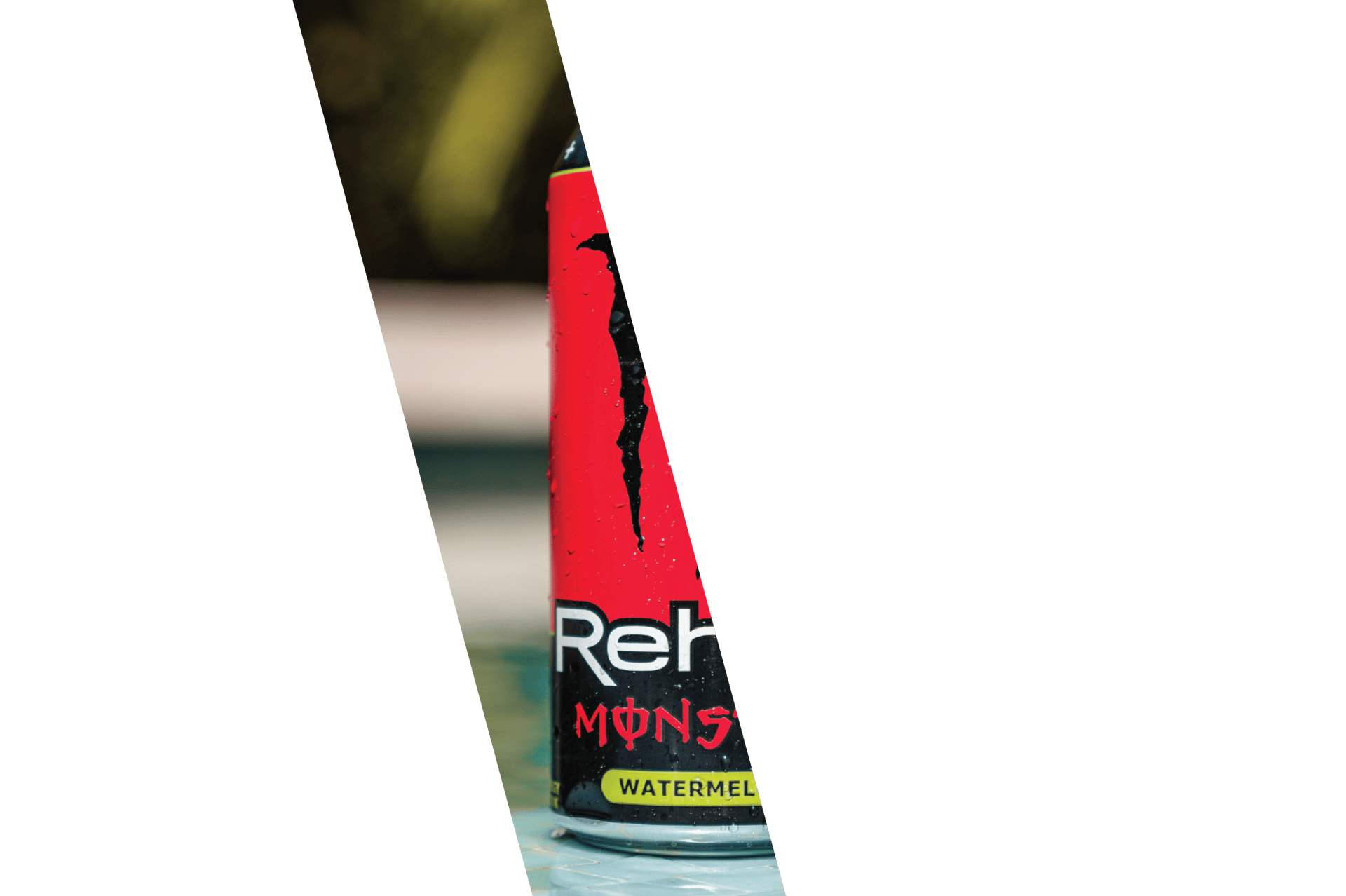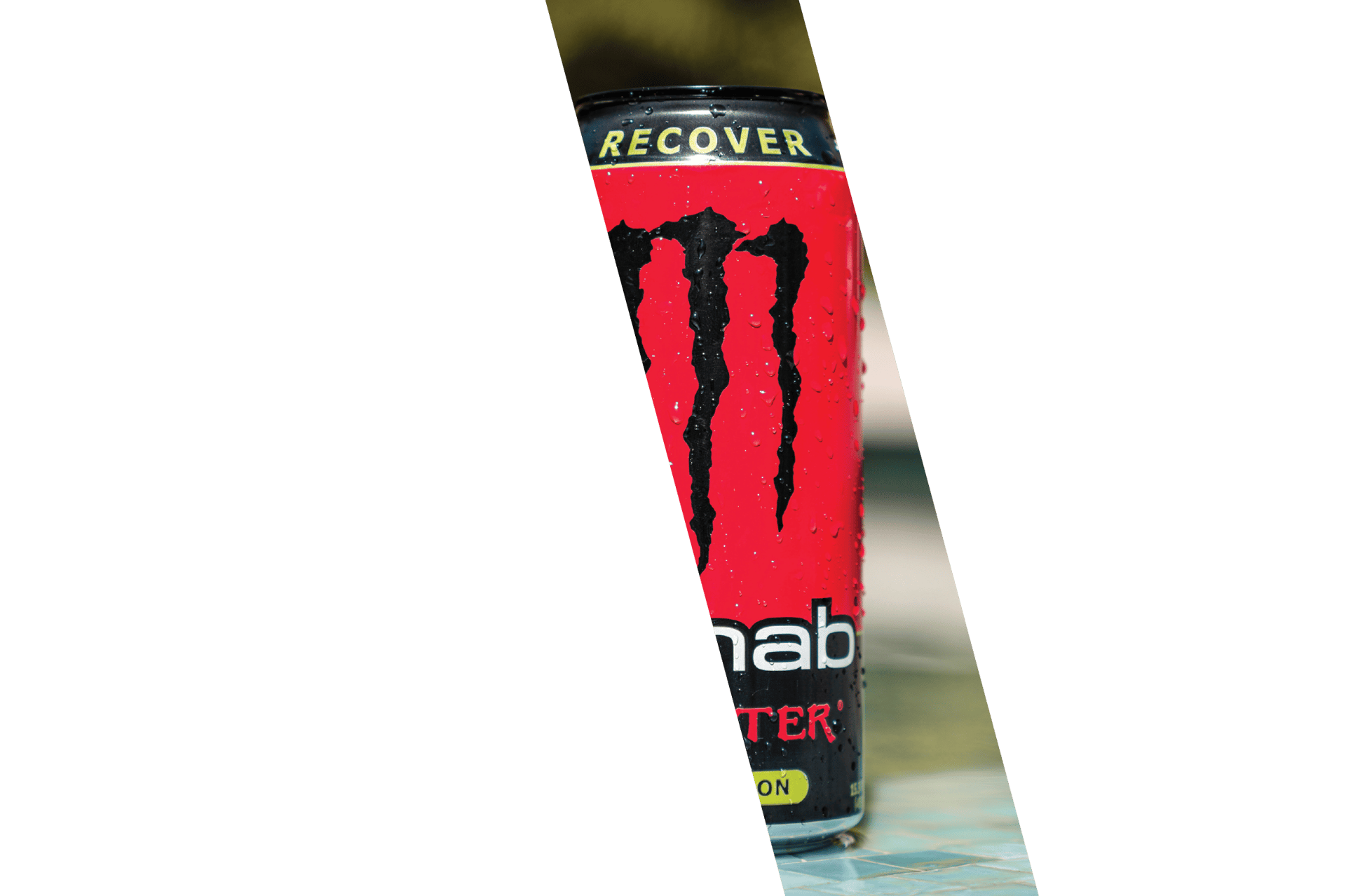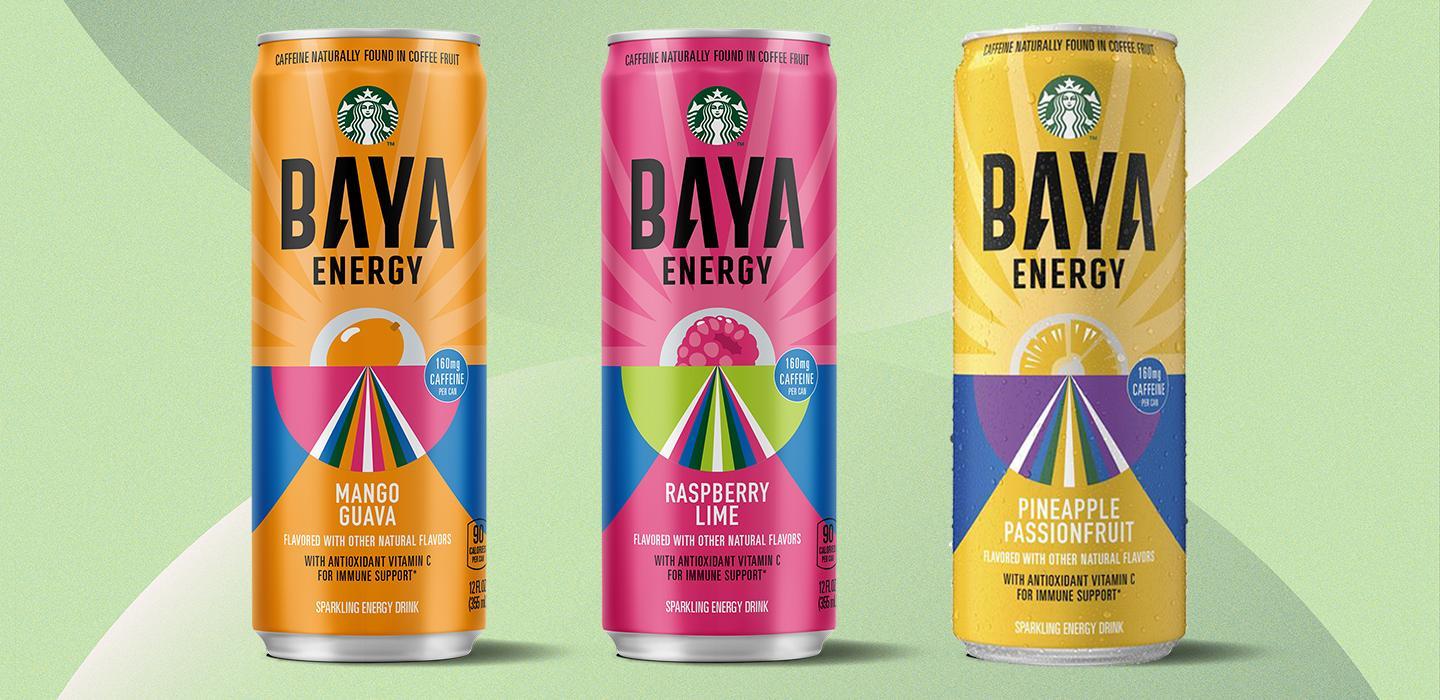





State of the
Industry
| Energy Drinks & Shots |
Energy drinks are still all the buzz
By Chloe Alverson
(Image courtesy of Monster Energy)
As consumers have come to navigate pandemic life and the “new normal,” something that hasn’t changed is how much they need their energy drinks. From remote to in-person work and classes, experts note that consumers’ need for a boost of energy has only increased.
Caleb Bryant, associate director of food and drink at Chicago-based Mintel, noted in Beverage Industry’s August 2021 eMagazine that, despite the pandemic, consumers still are relying on energy drinks.
“Consumer’s energy needs will remain elevated even as the pandemic fades, as many consumers continue to face increased workloads, more consumers return to the workforce, and as the reopening of the country brings back the need for energy during travel and social occasions,” Bryant said.
According to Chicago-based Information Resources Inc. (IRI) data, the non-aseptic energy drink category saw more than $16 billion in sales for the 52 weeks ending May 15, in total U.S. multi-outlets.

(Image courtesy of Starbucks Corp.)
The Top 5 non-aseptic energy drink brands are as follows: Red Bull, Monster Energy, VPX (Bang), Rockstar and Reign, IRI data shows. Red Bull led the category with $6.8 billion in sales, a 13.6% year-over-year (YoY) increase for the 52 weeks ending May 15. The percent increase almost matches the overall category gain in dollar sales, which was 13%. Monster Energy saw a significant increase as well, posting $4.9 billion in sales, a 12.7% YoY increase for the same time-period, according to IRI data.
Energy has continued to be “one of the most prevalent needs among consumers,” noted Roger Dilworth, senior analyst at New York-based Beverage Marketing Corporation (BMC), in Beverage Industry’s August 2021 eMagazine.
Energy shots, a sub-category of energy drinks, posted a 3.2 % YoY increase in dollar sales, for the 52 weeks ending May 15, IRI data shows. Meanwhile, 5 Hour Energy, which accounts for more than 88% of the market share, was the most-sold energy shot, with $867 million in sales, a 4% YoY increase for the same time-period.
However, many brands within the energy shot segment saw negative percent changes for the 52 weeks ending May 15, such as the case with Stacker, which posted a 9.1% YoY decrease in dollar sales, according to IRI data.
*Includes brands not listed.
Source: Information Resources Inc. (IRI), Chicago. Total U.S. supermarkets, drug stores, gas and convenience stores, mass merchandisers, military commissaries, and select club and dollar retail chains for the 52 weeks ending May 15.
Top energy drinks non-aseptic (Individual brands)
“Energy shots have been hampered by not having the same competitive dynamics as the energy drink category in which two fierce competitors (Red Bull and Monster) ensure new innovation,” Dilworth explained in Beverage Industry’s August 2021 eMagazine. “Unfortunately, there’s not much innovation that can be done with a 2-ounce shot.”
Last year, Red Bull released a Dragon Fruit variety of beverages for its Summer Edition. PepsiCo’s MTN DEW also expanded its portfolio with energy drinks, most notably in collaboration with NBA star LeBron James. Monster Energy also released a new addition to the Monster Energy Ultra group: Ultra Gold. The beverage has zero sugar and only 10 calories.
In June, Monster Energy announced the newest flavor in the Rehab Monster lineup: Watermelon. In a statement, the company’s Chief Marketing Officer Dan McHugh said the flavor “combines perfectly sweet and tangy watermelon flavor” with the recovery benefits of the Rehab line, resulting in “the perfect formula for the drink of the summer.”
Rehab Monster’s brand mantra, Refresh + Recover + Revive, is a combination of electrolytes, antioxidant botanicals, coconut water and more. The new Rehab Monster Watermelon has 25 calories in each can and is “loaded with 150 mg of caffeine,” it says.
*Includes brands not listed.
Source: Information Resources Inc. (IRI), Chicago. Total U.S. supermarkets, drug stores, gas and convenience stores, mass merchandisers, military commissaries, and select club and dollar retail chains for the 52 weeks ending May 15.
Top energy shots (Individual brands)
The energy market also is seeing the influence that health and wellness is having on the category, experts note.
“While energy drink consumers are tepid toward natural energy drinks, consumers are interested in energy drinks with [better-for-you] (BFY) claims, particularly zero-sugar energy drinks,” stated Mintel’s report, cited in the August 2021 Beverage Industry eMagazine. “BFY claims are key for keeping older millennials and Gen X consumers engaged within the energy drink market.”
As beverage manufacturers look to expand the consumer base for the energy drink market, natural alternatives might be the source for innovation going forward. BI
